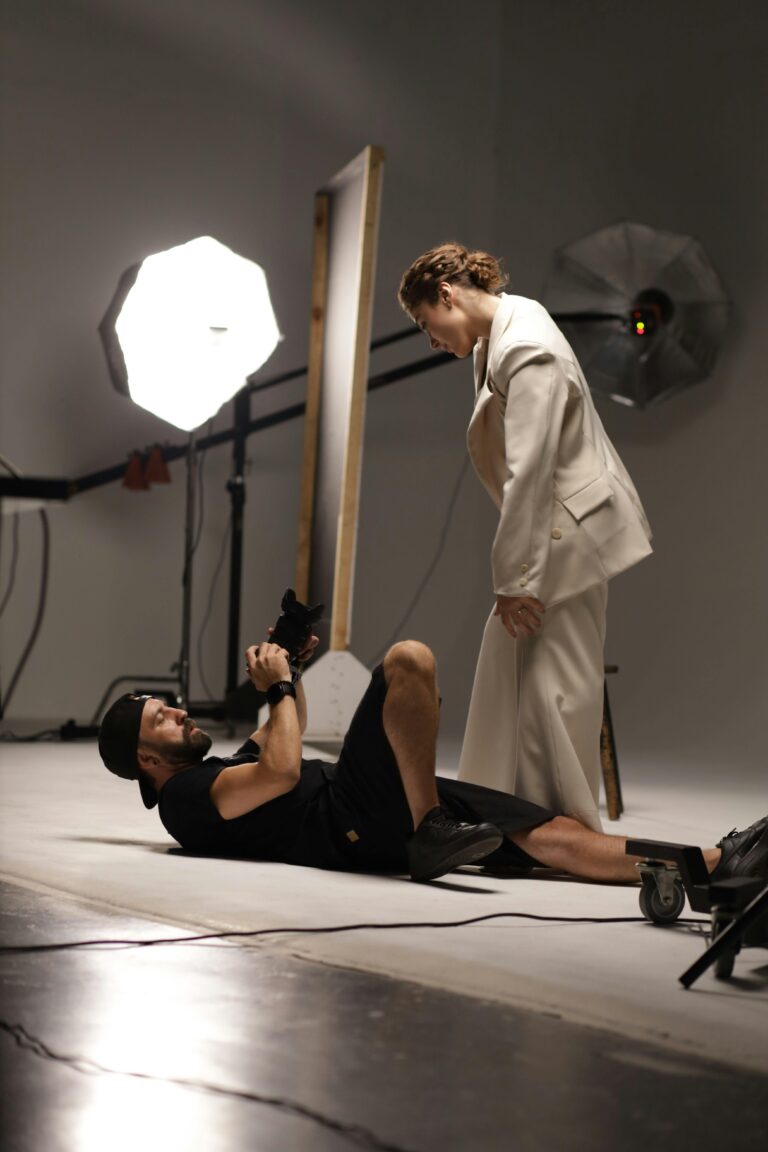Planning a wedding is one of the most exciting (and let’s be honest, stressful) experiences a couple can go through. You carefully craft a budget, book your dream venue, and feel like you’re totally in control—until the hidden costs start creeping in. Suddenly, your budget seems to be disappearing into thin air, thanks to fees you didn’t even know existed.
From unexpected venue charges to sneaky service fees, these little surprises can add up fast and leave couples feeling blindsided. But don’t worry! We’re here to help you spot those hidden wedding costs before they drain your budget. Let’s break down the most common ones and, more importantly, how to avoid them so you can keep your wedding spending in check.
Common Hidden Costs
1. Extra Venue Fees—More Than Just Renting the Space
So, you’ve found the venue, signed the contract, and assume you’re all set—right? Not so fast. Many venues charge for things you’d assume were included, like setup and teardown, security, cleaning, and even access to certain areas of the property. Some will even charge extra if you don’t use their in-house catering or bar service.
How to Avoid It: Before signing, ask for a detailed list of every possible fee. If you’re planning to bring in outside vendors, check if the venue has an additional charge for that.
2. Service Charges & Automatic Gratuities
Think tipping is just for restaurant servers? Think again. Many wedding vendors, particularly caterers and venues, automatically add a service charge (typically 10–20%) on top of the bill. And no, that’s not always the same thing as gratuity!
How to Avoid It: Read contracts carefully. If a service charge is included, ask whether it covers gratuity or if you need to tip separately.
3. Overtime Fees—When the Party Runs Long
Picture this: The dance floor is packed, everyone’s having an amazing time, and no one wants the night to end. So you ask the DJ and the venue to keep things going for another hour. Great idea, right? Well, until you see the bill. Many vendors—photographers, DJs, bartenders—charge hefty overtime fees if you go past the agreed-upon time.
How to Avoid It: Be realistic with your timeline and negotiate extra time upfront if you think you’ll want it. Last-minute extensions cost way more!
4. Marriage License & Officiant Fees—The Legal Side of Things
Yes, you actually have to pay to get legally married (romantic, huh?). Marriage licenses vary by location but typically range from £50 to £300. And if you’re hiring a professional officiant, expect to pay another £150 to £500 for their services.
How to Avoid It: Check your local government’s website for marriage license fees and plan ahead. If you have a friend or family member officiate, it could save you some cash!
5. Dress Alterations & Accessories—The Extra Costs of Looking Fabulous
That dreamy wedding dress? It might not be ready to wear straight off the rack. Alterations can cost £100 to £500+, depending on how much needs to be adjusted. And don’t forget shoes, veils, jewelry, and undergarments—these costs sneak up quickly!
How to Avoid It: Factor in at least £300–£500 for alterations and accessories when budgeting for your wedding attire.
6. Vendor Travel & Delivery Fees—Getting the Party to Your Venue
Booking vendors from out of town? They might charge for travel time, mileage, or even overnight accommodations if your venue is far away. Even local vendors sometimes have delivery fees for flowers, cakes, or rental equipment.
How to Avoid It: Stick with local vendors whenever possible, and always ask about additional travel fees before booking.
7. Postage for Invitations—Yes, Even Stamps Add Up
If you’re sending out 100+ invitations, postage alone can cost a small fortune—especially for heavier or oddly shaped invites. And let’s not forget RSVP cards and thank-you notes.
How to Avoid It: Opt for digital invitations or simple, standard-sized paper invitations to save on postage.
8. Wedding Insurance—Because Life Happens
What if your venue cancels last minute? Or a storm ruins your outdoor wedding? Wedding insurance can be a lifesaver, but it’s an added cost that many couples forget to include.
How to Avoid It: Consider wedding insurance an investment—it typically costs £100 to £500, but can protect you from losing thousands.
9. Guest Accommodations & Transport—Keeping Everyone Comfortable
If your wedding requires guests to travel, you might feel the need to cover hotel costs or arrange transport between the venue and hotels. While thoughtful, this can be a major added expense.
How to Avoid It: Reserve a block of hotel rooms at a discounted rate and provide guests with local transport options, but let them book their own accommodations.
10. Post-Wedding Costs—It’s Not Over Yet!
After the big day, there’s still money to be spent—dress cleaning, thank-you cards, vendor tips, and even extra honeymoon expenses.
How to Avoid It: Budget at least £500–£1,000 for post-wedding costs and get thank-you cards early so you’re not rushed.
How to Avoid Unexpected Expenses
1. Create a Contingency Fund
No matter how well you plan, things will come up. Set aside 5–10% of your total budget for surprise costs so you’re not left scrambling.
2. Read Every Contract Like a Lawyer
Seriously—read every single word before signing. Ask about hidden fees, overtime charges, and cancellation policies.
3. Negotiate & Ask Questions
Vendors want your business! Ask if they can waive or reduce certain fees—you’d be surprised at how flexible some can be.
4. Track Every Expense in a Spreadsheet
It’s easy to lose track of small expenses that add up. Keep everything in one place so you can see exactly where your money is going.
5. Prioritise What Really Matters
Decide what’s worth splurging on and where you can cut costs. If flowers aren’t your priority, allocate that money elsewhere.
Conclusion
Hidden wedding costs don’t have to ruin your budget if you plan ahead. By knowing where sneaky fees lurk and keeping an eye on expenses, you can stay in control and enjoy your big day stress-free. After all, a wedding should be about celebrating love—not panicking over unexpected charges! So go forth, plan wisely, and most importantly, have fun!
Keywords for SEO:
- Hidden wedding costs
- Unexpected wedding expenses
- Wedding budget tips
- How to save money on a wedding
- Wedding planning budget
- Common wedding fees
- Wedding venue hidden fees
- Wedding service charges
- Extra wedding costs
- Wedding cost breakdown
- Avoid wedding overspending
- Wedding expenses to watch out for
- Wedding budgeting mistakes
- How to cut wedding costs
- Wedding planning on a budget
- Affordable wedding planning
- Wedding budget hacks
- Cost-saving wedding tips
- Wedding contract fees
- Wedding finance guide





